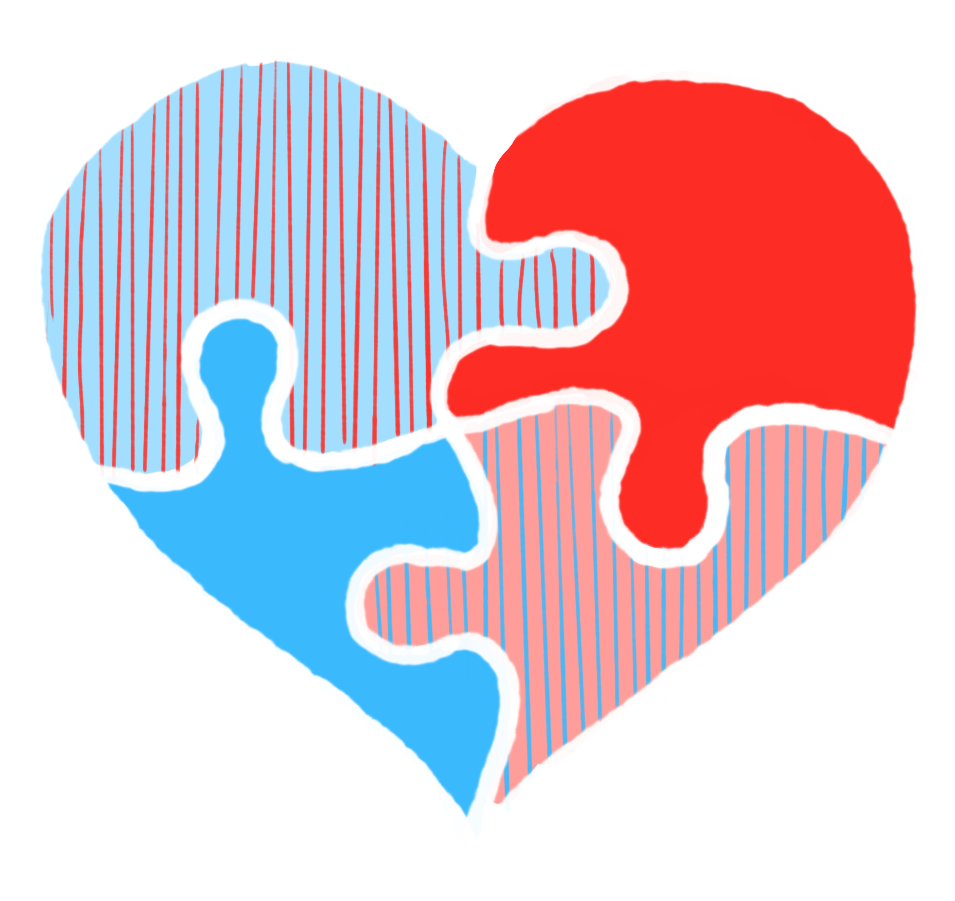RELEVANT HEALTHCARE PROVIDERS
The treatment of anorectal malformations and Hirschsprung's disease should take place in a specialised hospital setting with appropriate expertise. The treatment of these patient groups is multidisciplinary. The healthcare providers listed below may be involved in the treatment (this varies per centre).

(Pediatric) surgeon
The pediatric surgeon is responsible for performing operations and is often involved as the treating physician from birth.
(Pediatric) urologist
The (pediatric) urologist can provide support for problems with the bladder and/or male genital organs, such as incontinence and ejaculation problems.
Physician assistant
A physician assistant assists a medical specialist, such as the (paediatric) surgeon in performing medical procedures.
Sexologist
A sexologist is a healthcare provider with training in helping people with problems related to sex.
Sexual health consultant
A sexual health counsellor is often a psychologist, nurse, (pelvic) physiotherapist, social worker, educator or teacher, who provides counselling, implements and designs information and prevention, develops interventions, sets up practice research and gives advice or makes policy in the field of sexual health. A counsellor can support clients or their environment, as well as professionals and/or organisations in the field of sexual health.
Stoma-continence nurse
The stoma-continence nurse provides guidance around the procedures involved in incontinence.
Pelvic physiotherapist
A pelvic physiotherapist may be called in to help strengthen the group of muscles that give control over defecation. A pelvic physiotherapist can also treat vaginismus through exercises.
Gynaecologist
A gynaecologist assists with problems with the female sex organs, such as problems with menstruation or getting pregnant.
Mental health practitioner/psychologist
A mental health practitioner/psychologist can be called in for questions or psychological consequences surrounding the condition.
Educational worker
An educational worker can provide support with the consequences of the disorder on children's daily lives and parents' parenting tasks.
Social worker
A social worker can provide support in dealing with the consequences of the condition on the daily life of both the patient and those around them.



